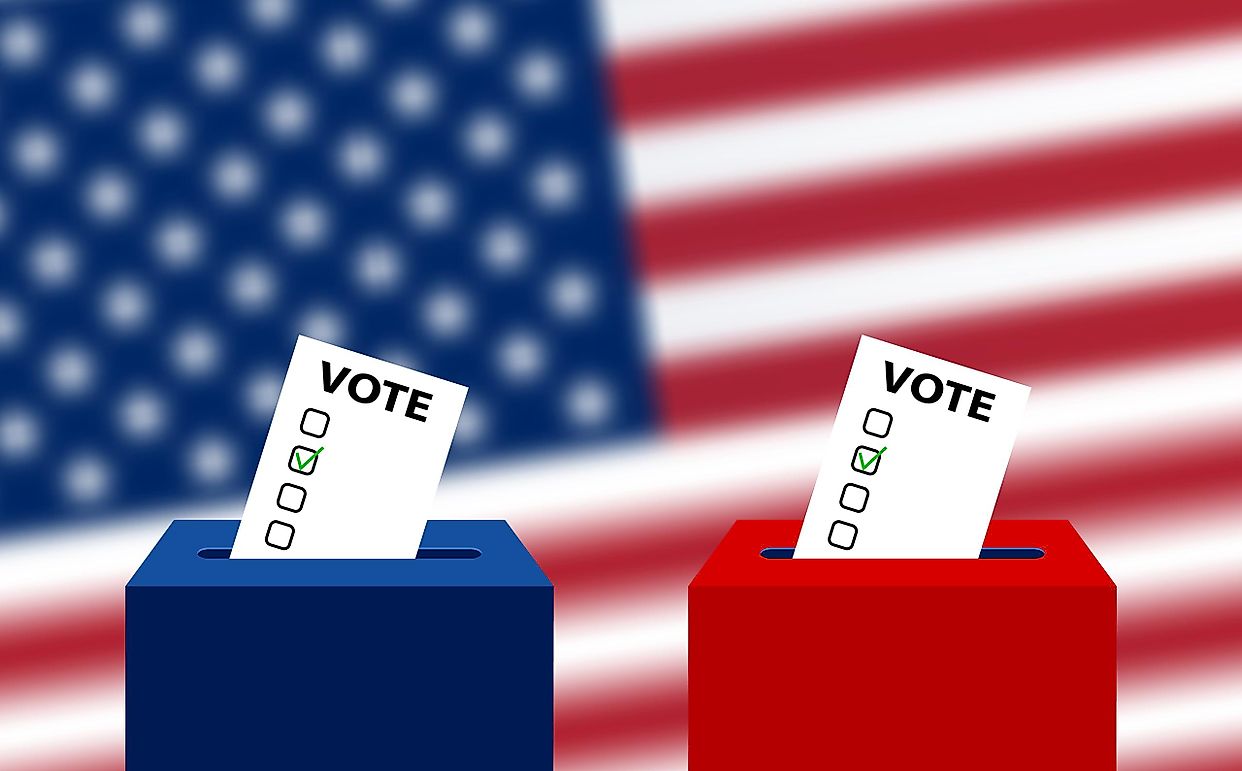Executive Summary
The upcoming U.S. presidential election on Tuesday, November 5th, is a highly anticipated event that will shape the political landscape of the United States for years to come. With two major candidates vying for the presidency, the election is expected to be fiercely contested and could have significant implications for both domestic and foreign policy.
Introduction

The United States presidential election is held every four years on the first Tuesday after the first Monday in November. The election is a two-stage process, with voters first choosing electors for the Electoral College in each state. The electors then cast their votes for the president and vice president. The candidate who wins the majority of electoral votes wins the election.
FAQs
- When is the 2024 U.S. presidential election? The 2024 U.S. presidential election will be held on Tuesday, November 5th.
- Who are the candidates for president? The two major candidates for president are Joe Biden, the Democratic nominee, and Donald Trump, the Republican nominee.
- How can I register to vote in the presidential election? You can register to vote in the presidential election by visiting the website of your state’s election commission.
Subtopics
The Electoral College
The Electoral College is a body of electors that is responsible for electing the president and vice president of the United States. Each state is assigned a number of electors based on its population. The candidate who wins the popular vote in a state wins all of that state’s electoral votes.
- Each state has a different number of electors.
- The candidate who wins the popular vote in a state wins all of that state’s electoral votes.
- The candidate who wins the majority of electoral votes wins the election.
Campaign Finance
Campaign finance refers to the money that is raised and spent by candidates and political parties to influence the outcome of elections. Campaign finance laws regulate the sources of campaign funding, the limits on campaign spending, and the disclosure of campaign finance information.
- Individuals, corporations, and labor unions can contribute to campaigns.
- There are limits on the amount of money that individuals and organizations can contribute to campaigns.
- Candidates and political parties must disclose the sources of their campaign funding.
Media Coverage
Media coverage of presidential elections is a critical factor in shaping public opinion and influencing the outcome of the election. The media can provide information about the candidates and their platforms, as well as coverage of campaign events and debates.
- The media can influence public opinion and shape the outcome of the election.
- The media can provide information about the candidates and their platforms.
- The media can coverage campaign events and debates.
Voter Turnout
Voter turnout is the percentage of eligible voters who actually vote in an election. Voter turnout is influenced by a variety of factors, such as the competitiveness of the election, the level of interest in the candidates, and the ease of voting.
- Voter turnout is influenced by a variety of factors.
- The competitiveness of the election can affect voter turnout.
- The level of interest in the candidates can affect voter turnout.
Election Results
The results of the presidential election are typically announced on election night. The winner of the election is the candidate who wins the majority of electoral votes. The Electoral College meets in December to officially cast their votes for the president and vice president.
- The results of the presidential election are typically announced on election night.
- The winner of the election is the candidate who wins the majority of electoral votes.
- The Electoral College meets in December to officially cast their votes for the president and vice president.
Conclusion
The upcoming U.S. presidential election on Tuesday, November 5th, is a significant event that will have a lasting impact on the United States. With two major candidates vying for the presidency, the election is expected to be closely contested and could have major implications for both domestic and foreign policy.
Keyword Tags
- U.S. presidential election,
- Electoral College,
- Campaign finance,
- Media coverage,
- Voter turnout,